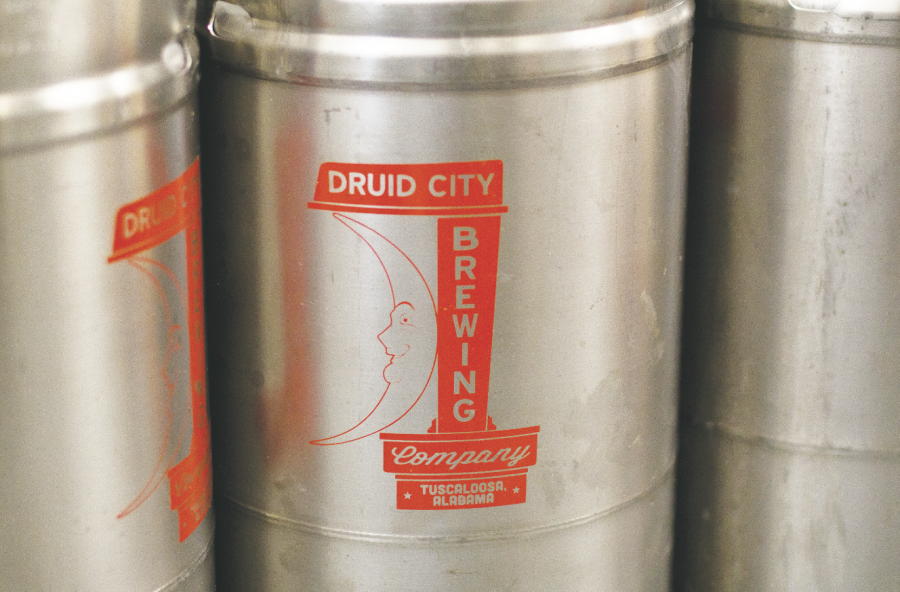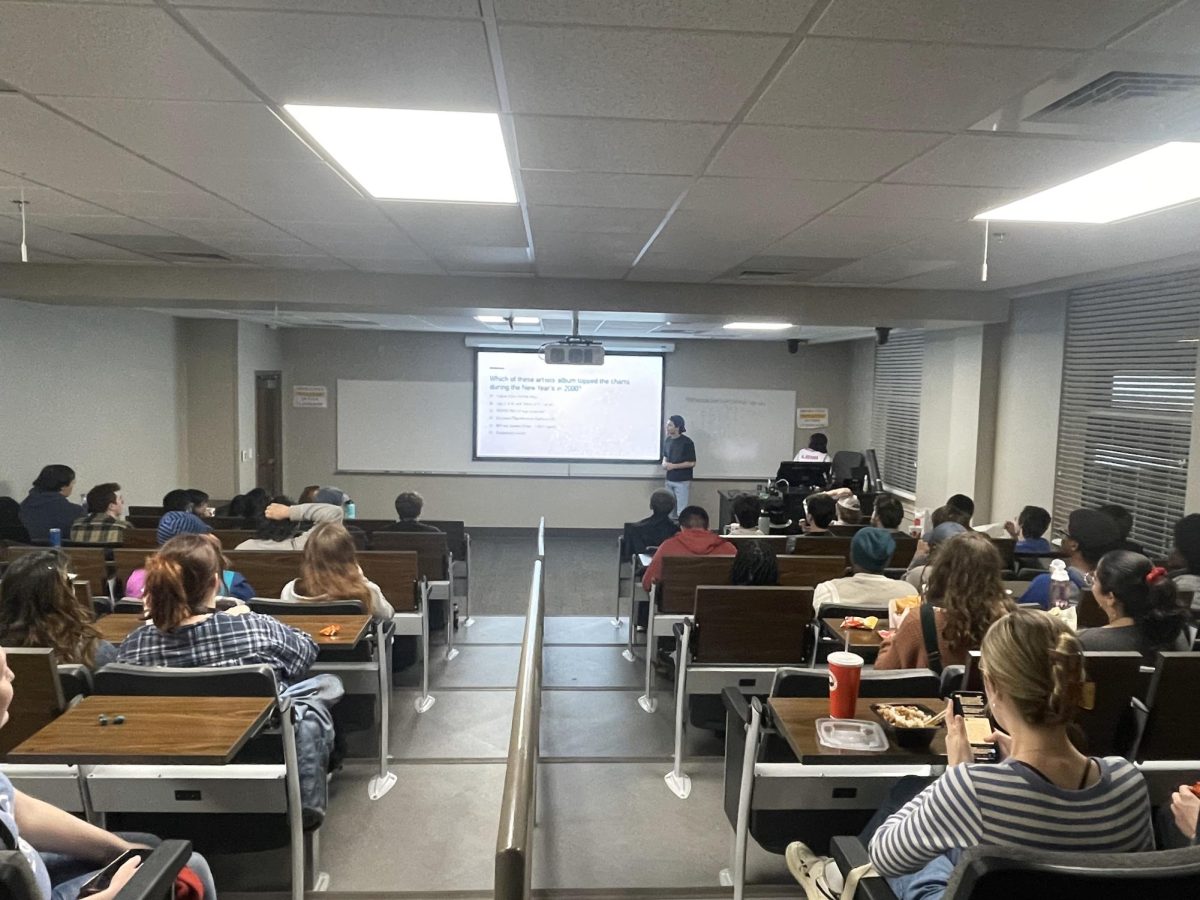The state of Alabama may be a year away from the legalization of the personal manufacturing of beer, or “home brewing.”
In April 2012, The Alabama House of Representatives passed HB354 with a vote of 44-33. The bill, if approved by the senate, would effectively lift the ban on home brewing in Alabama. However, the bill was recently put on hold after the senate failed to vote on the measure before the end of the latest legislative session.
Republican Rep. Mac McCutcheon, from the 25th district, sponsored the bill along with other representatives.
According to the bill, anyone not convicted of a felony that is 21 or older will have the right to brew homemade beer, table wine, cider and mead for personal use. Along with the legalization, there will also be regulatory measures such as the prohibited sale of homemade alcohol and content restrictions limited to 8.5 percent alcohol by volume.
According to The Alabama Homebrewers Association, there are around one million home brewers living in the United States, with an estimated 5,000 living in Alabama. Alabama and Mississippi remain the only states in which home brewing is illegal.
Elliot Roberts, co-owner of Druid City Brewing Company in Tuscaloosa, said home brewing already has roots in Alabama.
“I think for the largest part, the people that want to brew beer are doing it, no matter what,” Roberts said. “If it’s legal, there will be more of a market to open stores for local commerce relating to it, and all of that money ultimately goes back into the local economy, which is what we are all about.”
After their humble beginnings as home brewers, Roberts and his Druid City Brewing co-founder, Bo Hicks, sought to legally bring their love for high quality craft beers to the public. Roberts believes the overall perception of home brewing is changing in Alabama due to microbreweries and groups that are vocal about alcohol legislation.
“I give all the credit in the world to Free The Hops folks,” Roberts said. “Those guys did so much for beer in Alabama that it created a market for good beer. When that happened more people realized that not all of it tasted like Bud Light, then people started to have a thirst for craft beers and began making their own.”
Free the Hops is a grassroots, non-profit organization focused on bringing high quality beers to Alabama.
A marquee talking point in the debate over legalization is the personal rights of American alcohol enthusiasts. One such home-brewing beer advocate happens to be the commander-in-chief, President Barack Obama. Obama’s personal recipe for White House Honey Brown Ale is the first alcoholic beverage to be brewed on the White House grounds and is available to the public on the official White House website.
Formal associations like AHA seek to remove the criminal stigma from a hobby that is cherished in the White House, but punishable by law in the state of Alabama.
Other grassroots groups, such as Free The Hops, have made headway in pushing for new alcohol legislation in Alabama. After extensive pressure from such groups, Gov. Robert Bentley signed the “Gourmet Bottle Bill” into law in May 2012. The bill, which took effect in August 2012, allows for looser restrictions on container size, paving the way for 22 ounce and 750 mL craft bottles. Until this bill was signed in to law, Alabama was the only state to regulate container size.
Caleb Morrison, a UA junior majoring in metallurgical engineering, said he sees promise for a college community in the passing of new alcohol legislation.
“If this bill passes, there will definitely be a higher influx of craft beers in stores,” Morrison said. “It would be nice to have more craft beers, and only a few places here have a selection past domestics – if microbreweries open as a result, that is jobs on top of products.”
Leading in today’s Crimson White:
Freshman duo make an impact for women’s team
Tin Top Restaurant and Oyster Bar trades beach atmosphere for quality seafood









